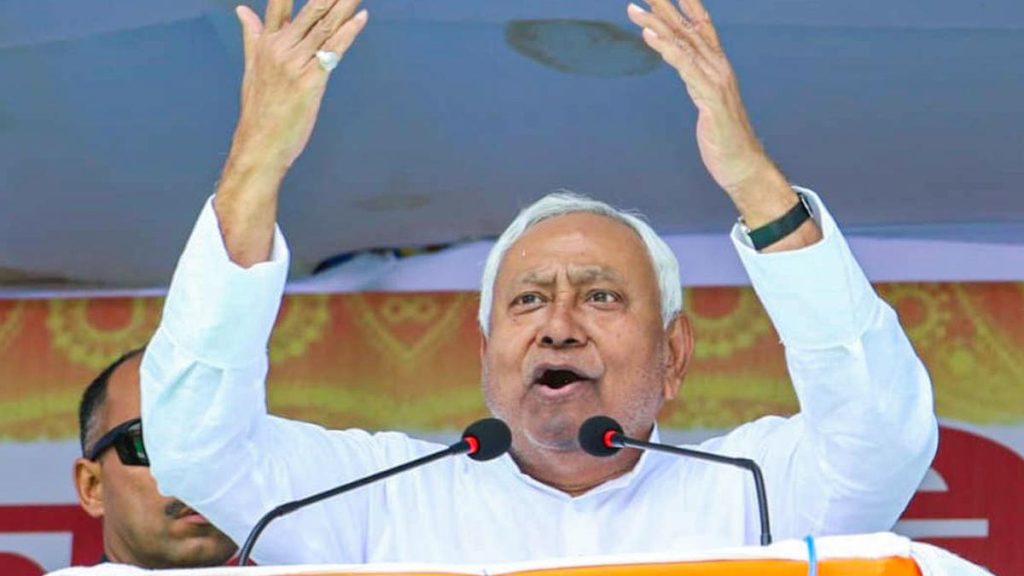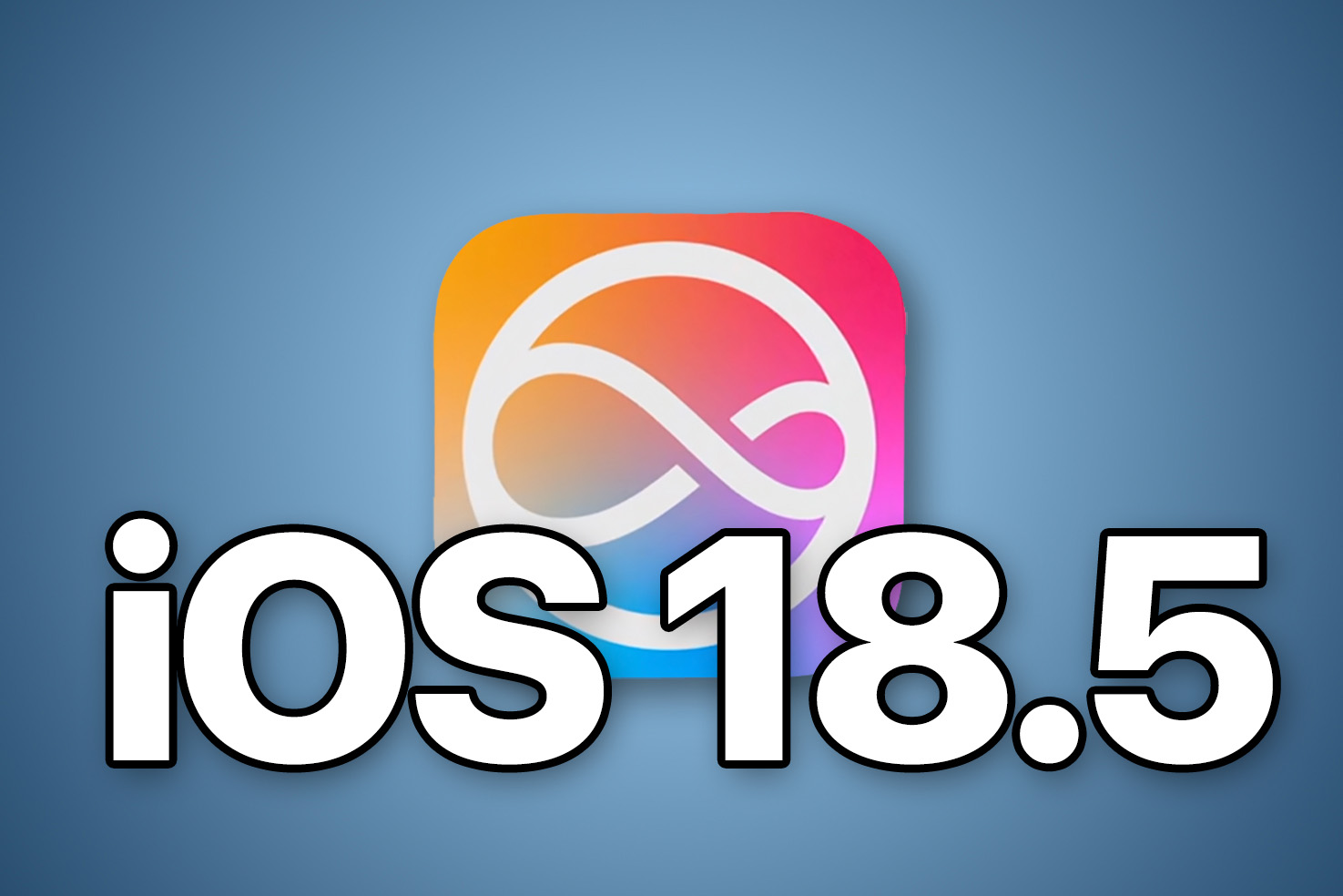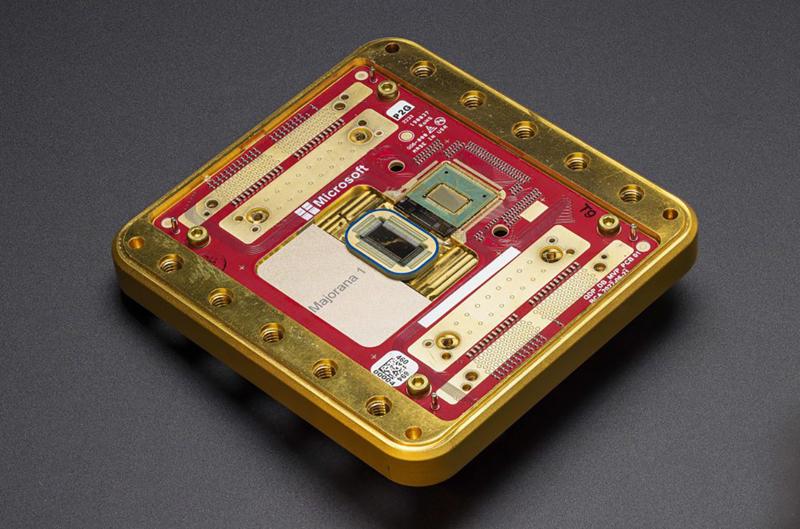Now Reading: NASA Advances Drone Safety Management System
-
01
NASA Advances Drone Safety Management System
NASA Advances Drone Safety Management System
Quick Summary:
- Increasing use of drones across industries like agriculture, law enforcement, disaster response, and entertainment requires improved safety management systems.
- NASA is developing and testing the In-Time Aviation Safety Management System (IASMS) to predict and mitigate hazards for drones in real-time.
- Simulations conducted included hurricane relief scenarios where pilots operated multiple drones for supply drops, search and rescue operations, and levee inspections. Data was collected on performance,workload,mission success,usability,etc., for refinement of the system.
- Further drone flight tests with IASMS took place in collaboration with the Ohio Department of Transportation and university-led teams from George Washington University (GWU), University of notre Dame, and Virginia Commonwealth university. Each test presented unique challenges like wildfire navigation or urban package delivery.
- IASMS operates alongside systems like Unmanned Aircraft System Traffic Management to enhance reliability during routine drone flights over populated areas while ensuring hazard avoidance.
- The project is part of NASA’s Advanced air Mobility mission aiming to support electric air taxis/drones growth.
indian Opinion Analysis:
the advancements in safety technology for drones by NASA hold substantial relevance for India as it seeks to expand its use of unmanned aerial vehicles (UAVs) across critical sectors such as agriculture monitoring,disaster management during events like cyclones or floods,law enforcement surveillance projects like border security monitoring. Reliable software solutions that proactively detect hazards could improve operational efficiency while reducing risks.
India’s growing interest in incorporating UAVs into rural logistics systems-delivering medicine or essentials-might similarly benefit from adaptable technologies like IASMS which have been tested under diverse conditions such as urban environments or disaster zones. This underscores an opportunity for global collaboration with entities at the forefront of UAV safety innovation if local policy frameworks align effectively.
Given India’s rapidly evolving drone regulations coupled with significant investments on this front via schemes such as Digital Sky initiative -any breakthrough synergy around real-time mitigation based control technologies would carry potential transformative viability























